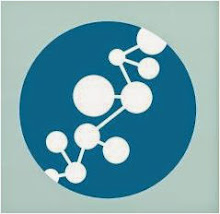
Very interesting theory tries to link probiotics use and longevity.
The article is published on the current issue of Medical Hypotheses
(Volume 77, Issue 4 , Pages 469-472, October 2011).
Authors think that Probiotics-induced increase of large intestinal luminal polyamine concentration may promote longevity
We read from the abstract that: "Many mechanisms contribute to senescence, such as telomere shortening in replicative cells, cumulative damage to DNA leading to genomic instability, and oxidative damage to molecules by reactive oxygen species (ROS). These include chronic low-grade inflammation (inflammageing), a major risk factor for ageing and age-related diseases, such as Alzheimer’s disease and type II diabetes"
The article is published on the current issue of Medical Hypotheses
(Volume 77, Issue 4 , Pages 469-472, October 2011).
Authors think that Probiotics-induced increase of large intestinal luminal polyamine concentration may promote longevity
We read from the abstract that: "Many mechanisms contribute to senescence, such as telomere shortening in replicative cells, cumulative damage to DNA leading to genomic instability, and oxidative damage to molecules by reactive oxygen species (ROS). These include chronic low-grade inflammation (inflammageing), a major risk factor for ageing and age-related diseases, such as Alzheimer’s disease and type II diabetes"
The authors discuss in this article the rationale and recent evidence for probiotic-induced upregulation of intestinal luminal polyamine (PA) production in the extension of lifespan by preventing inflammageing.


No comments:
Post a Comment